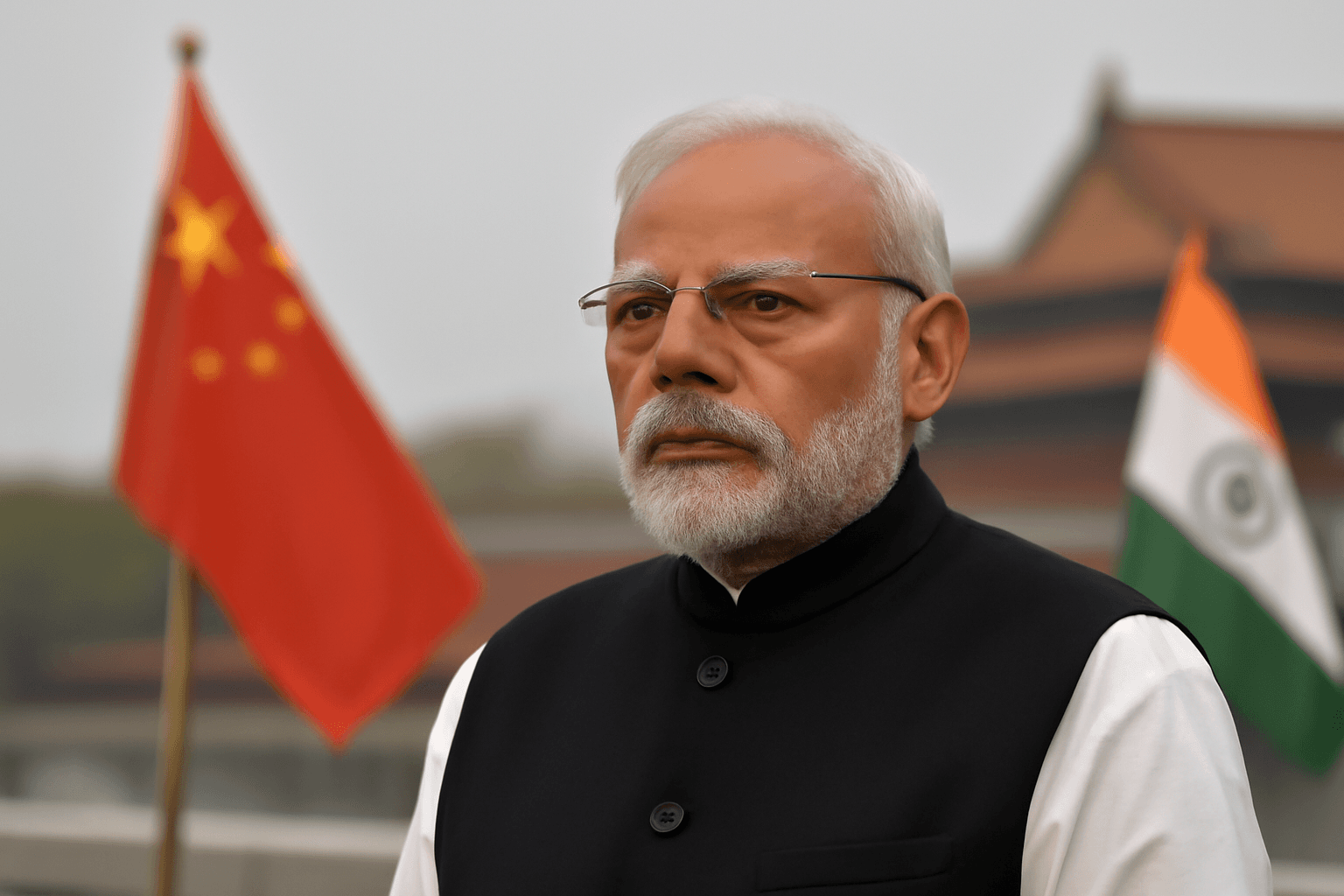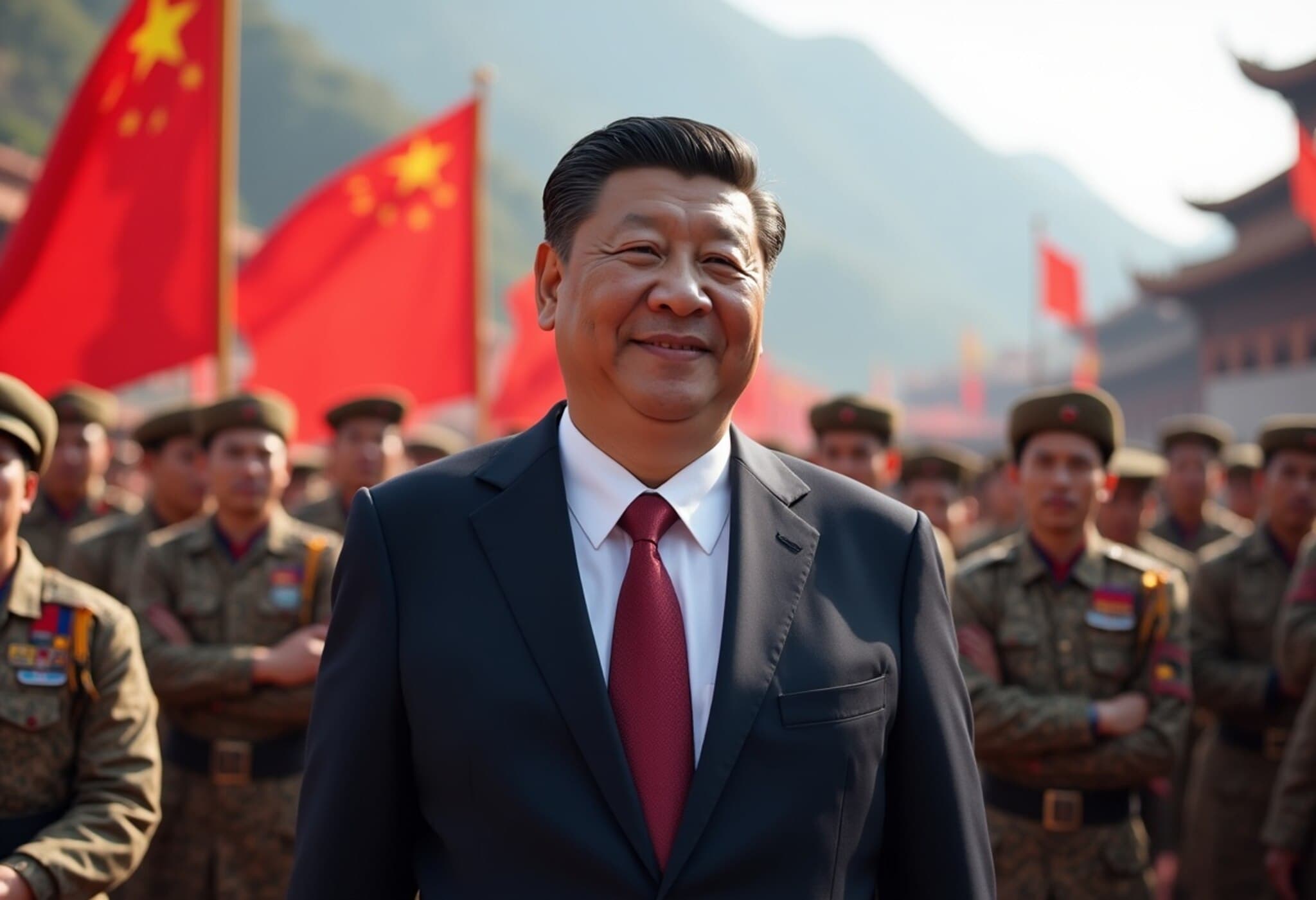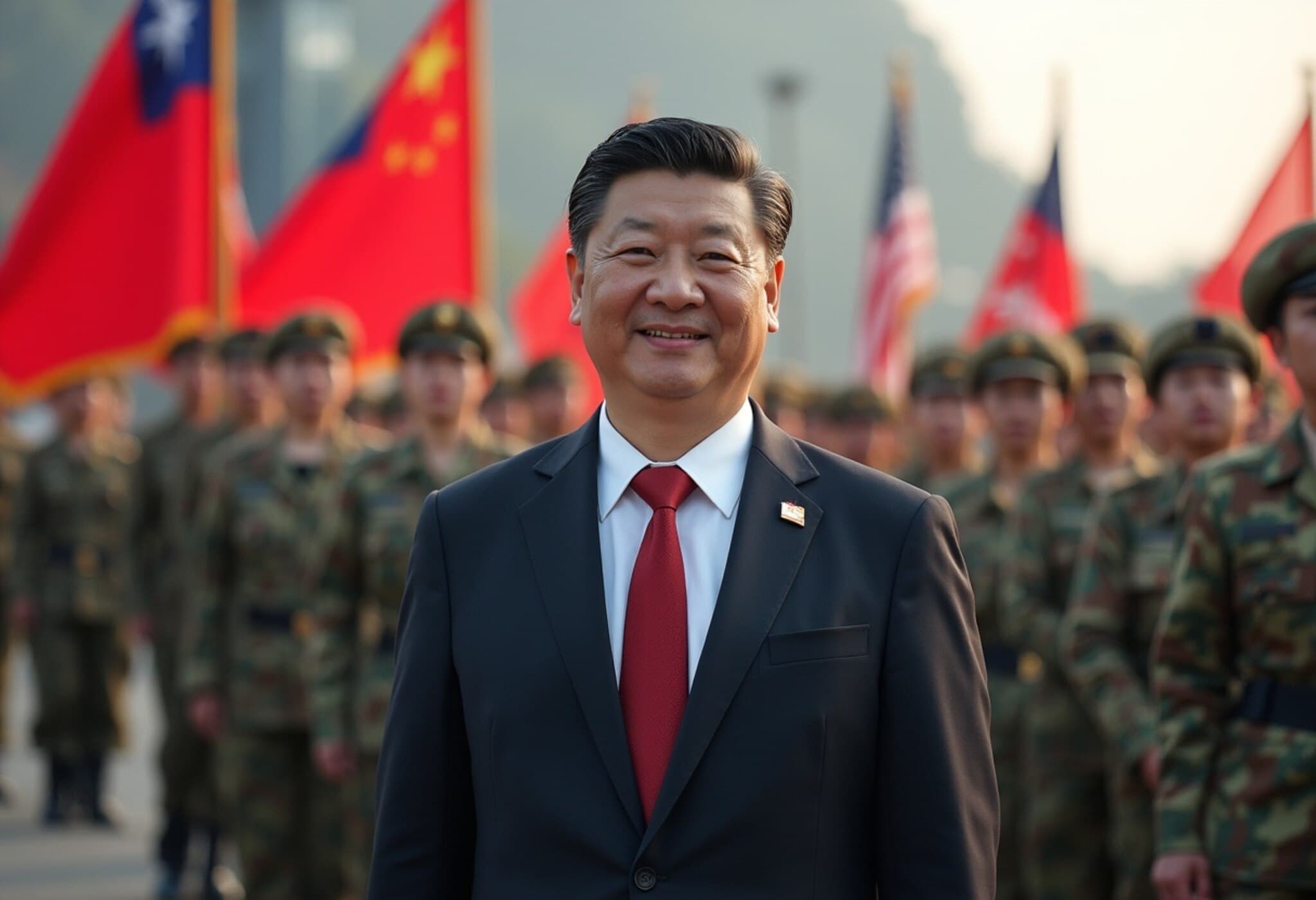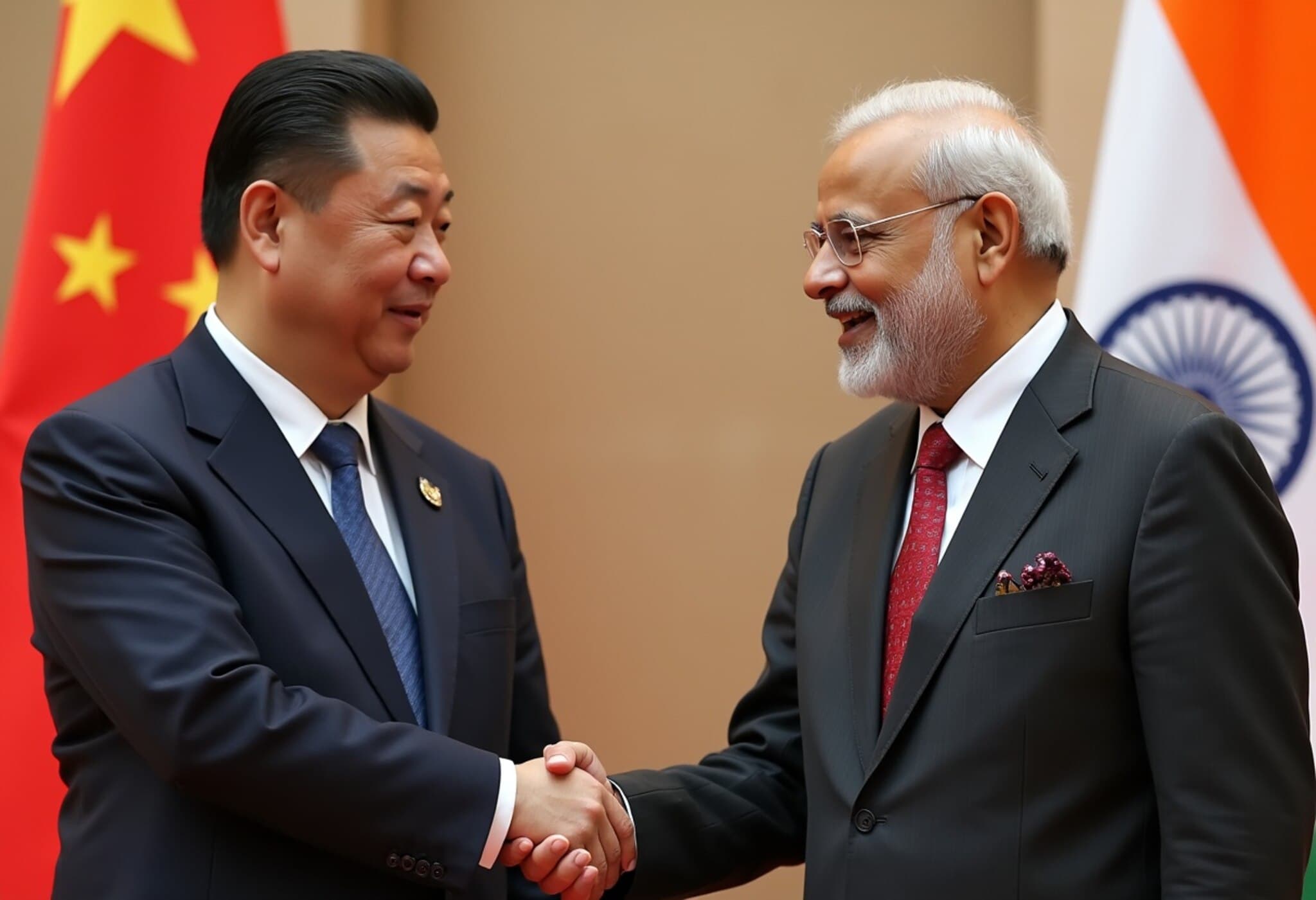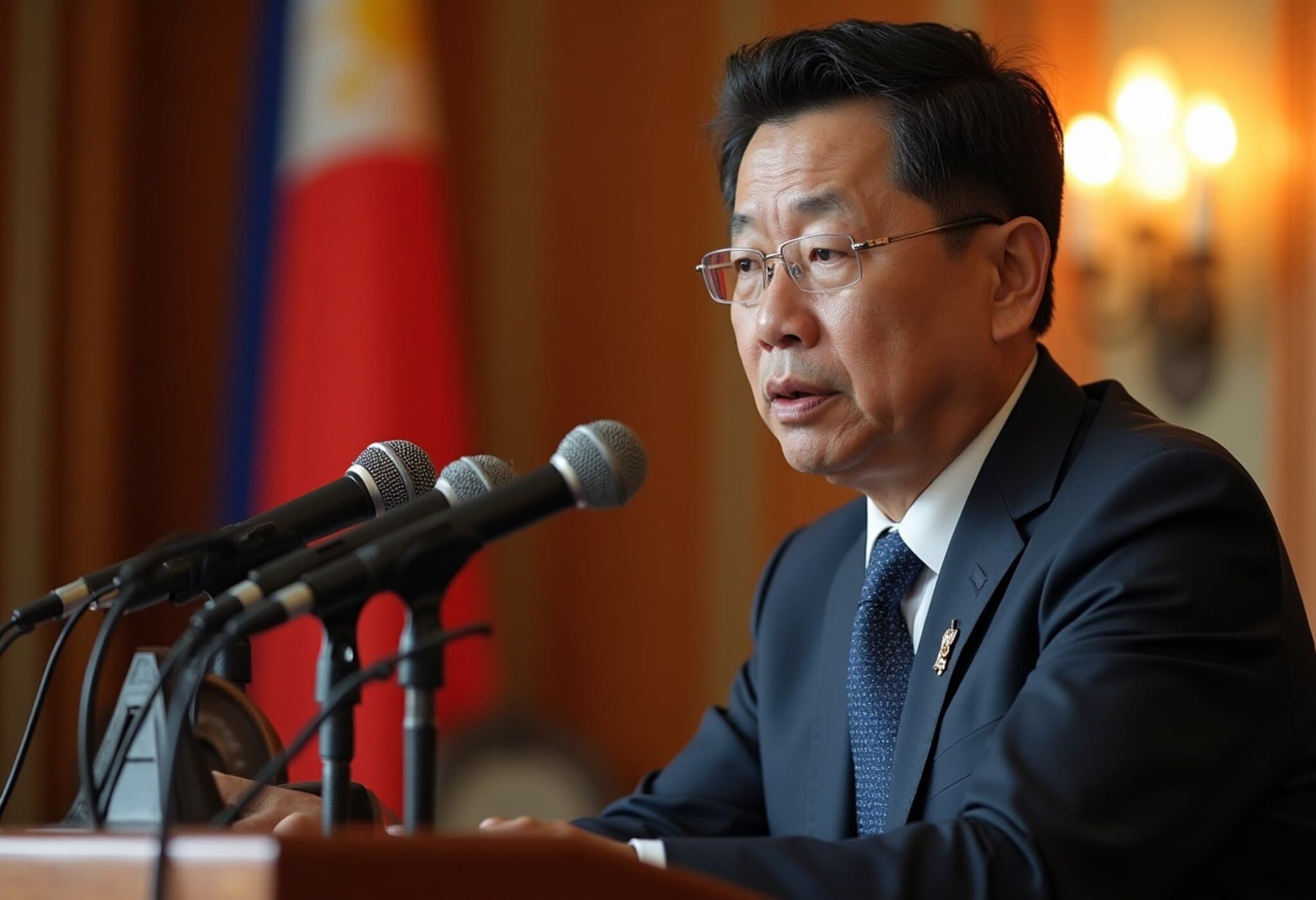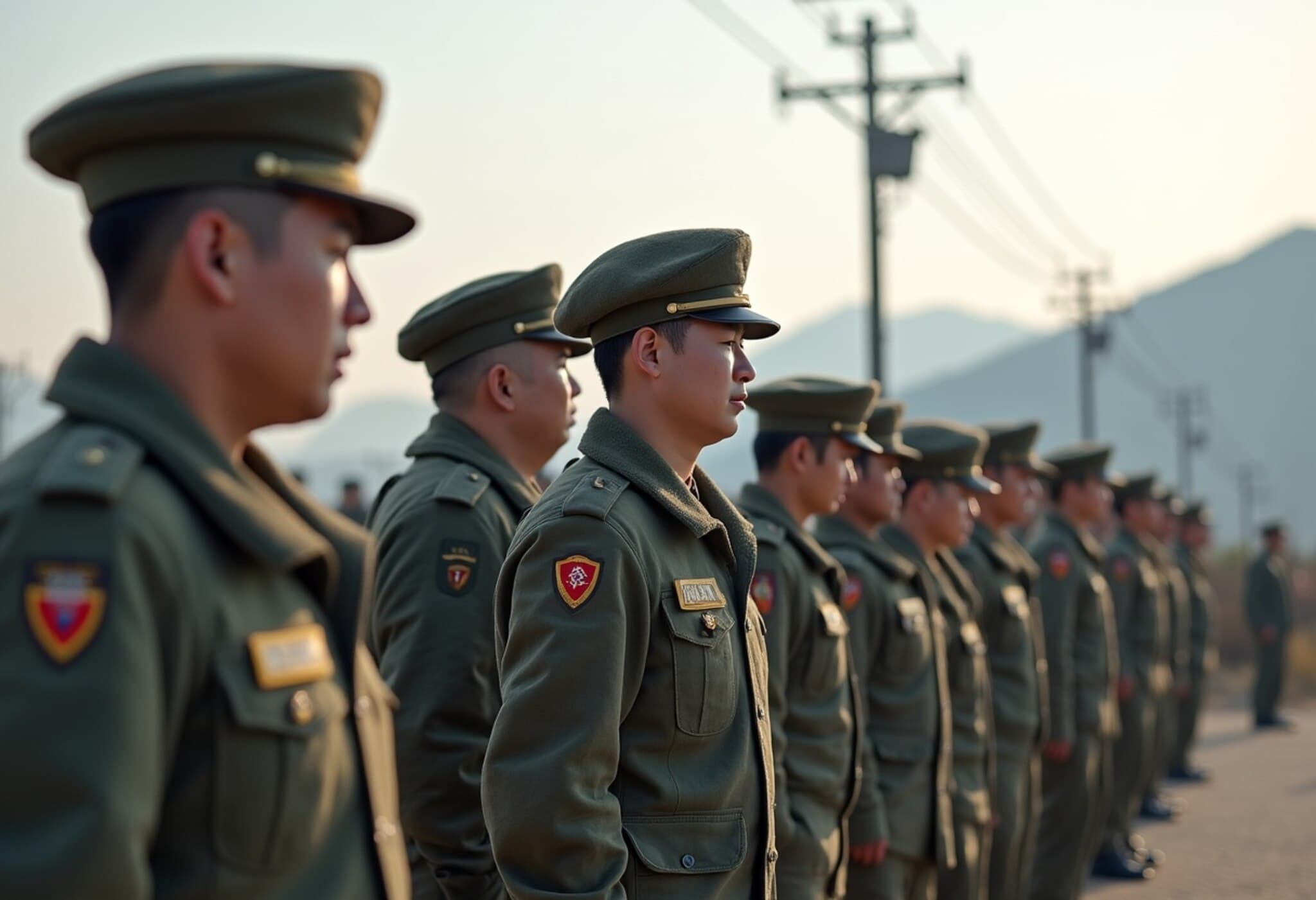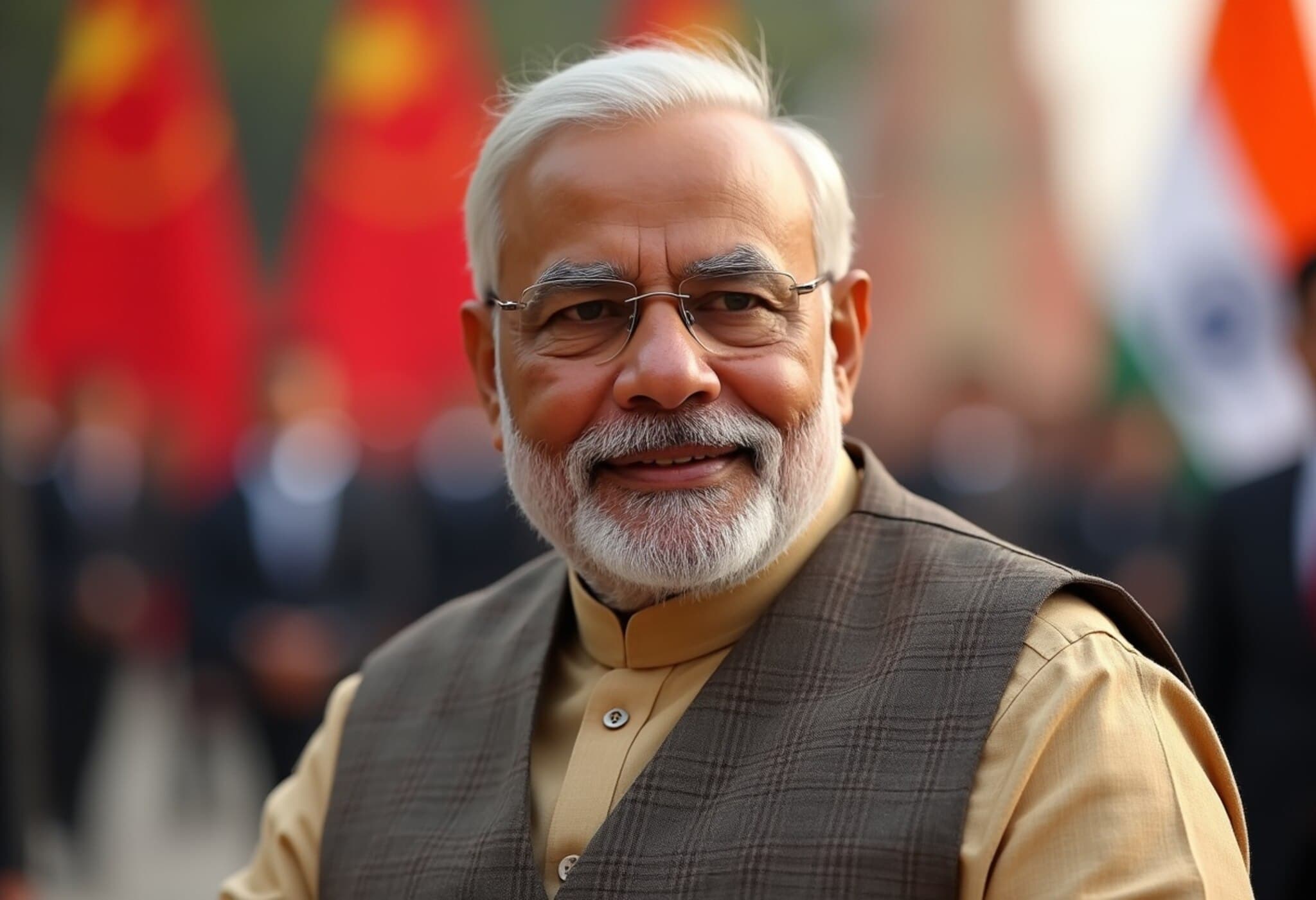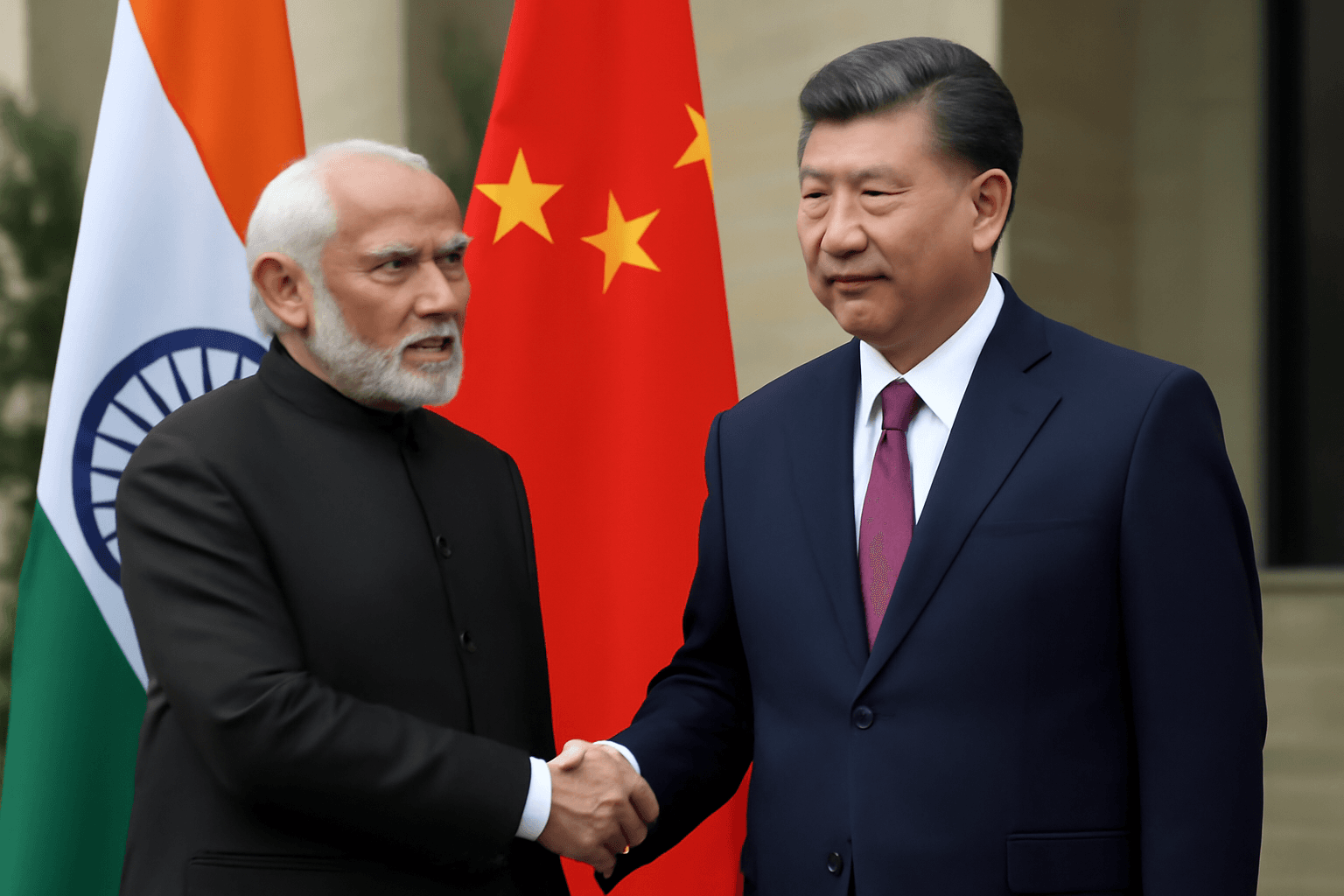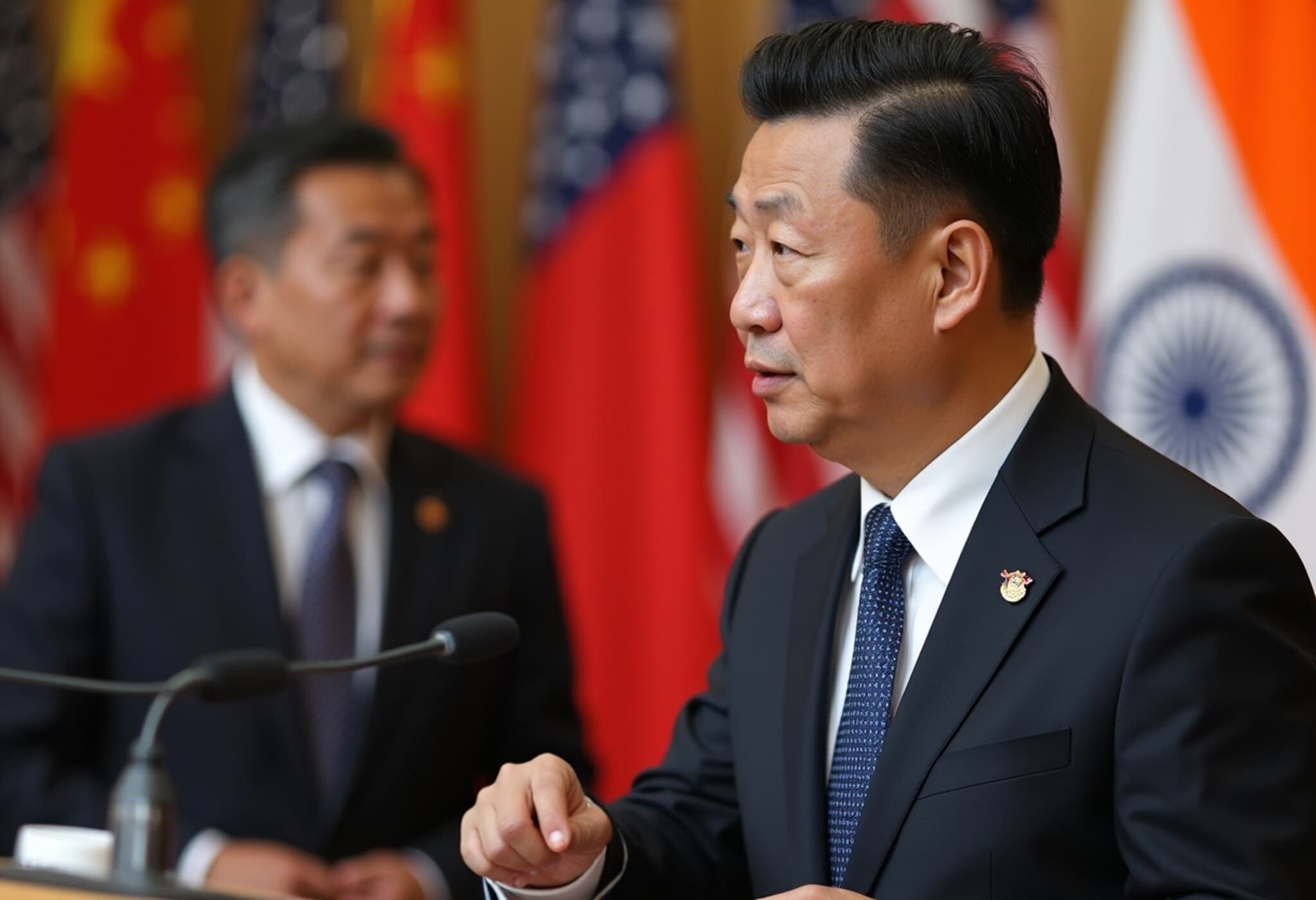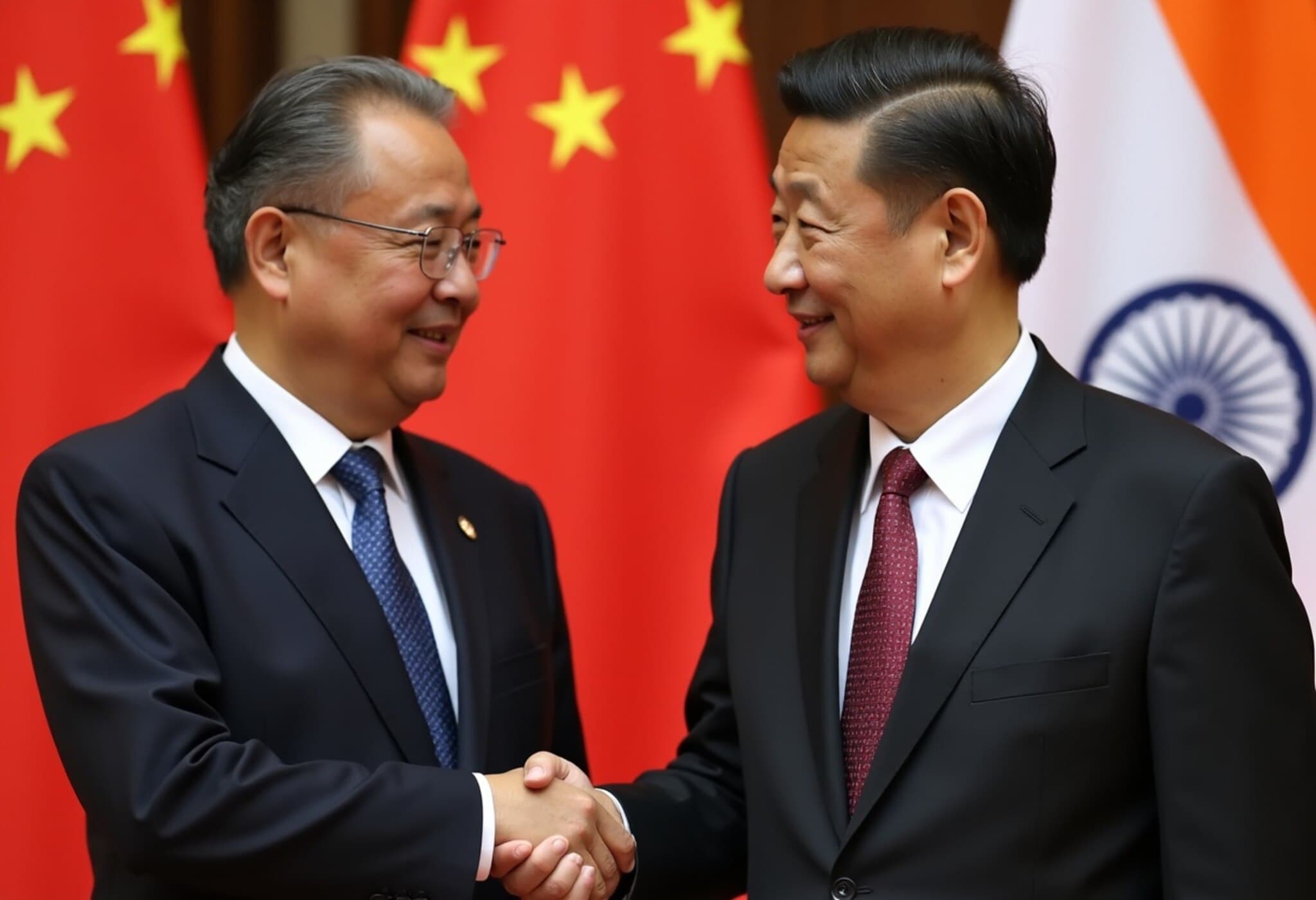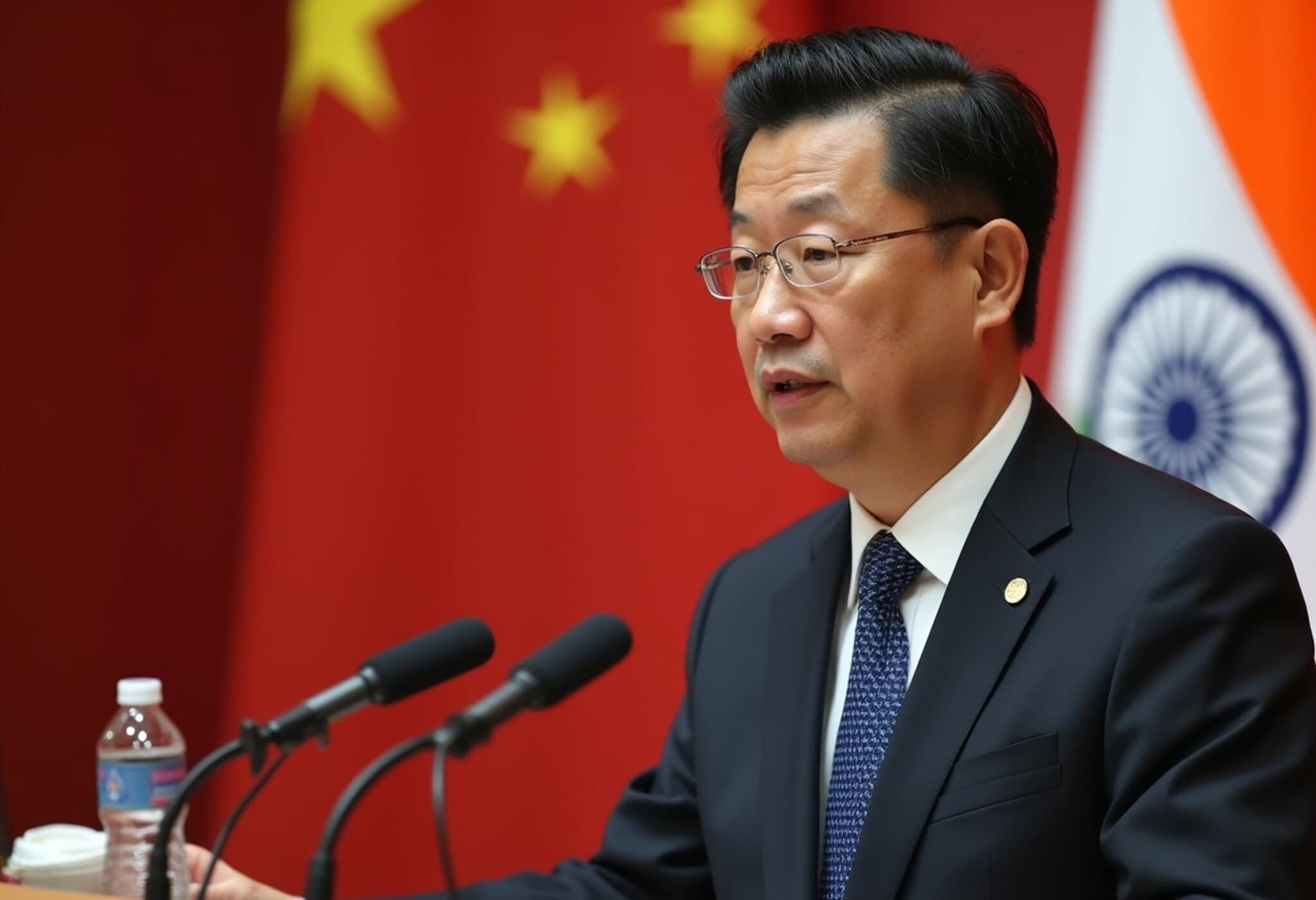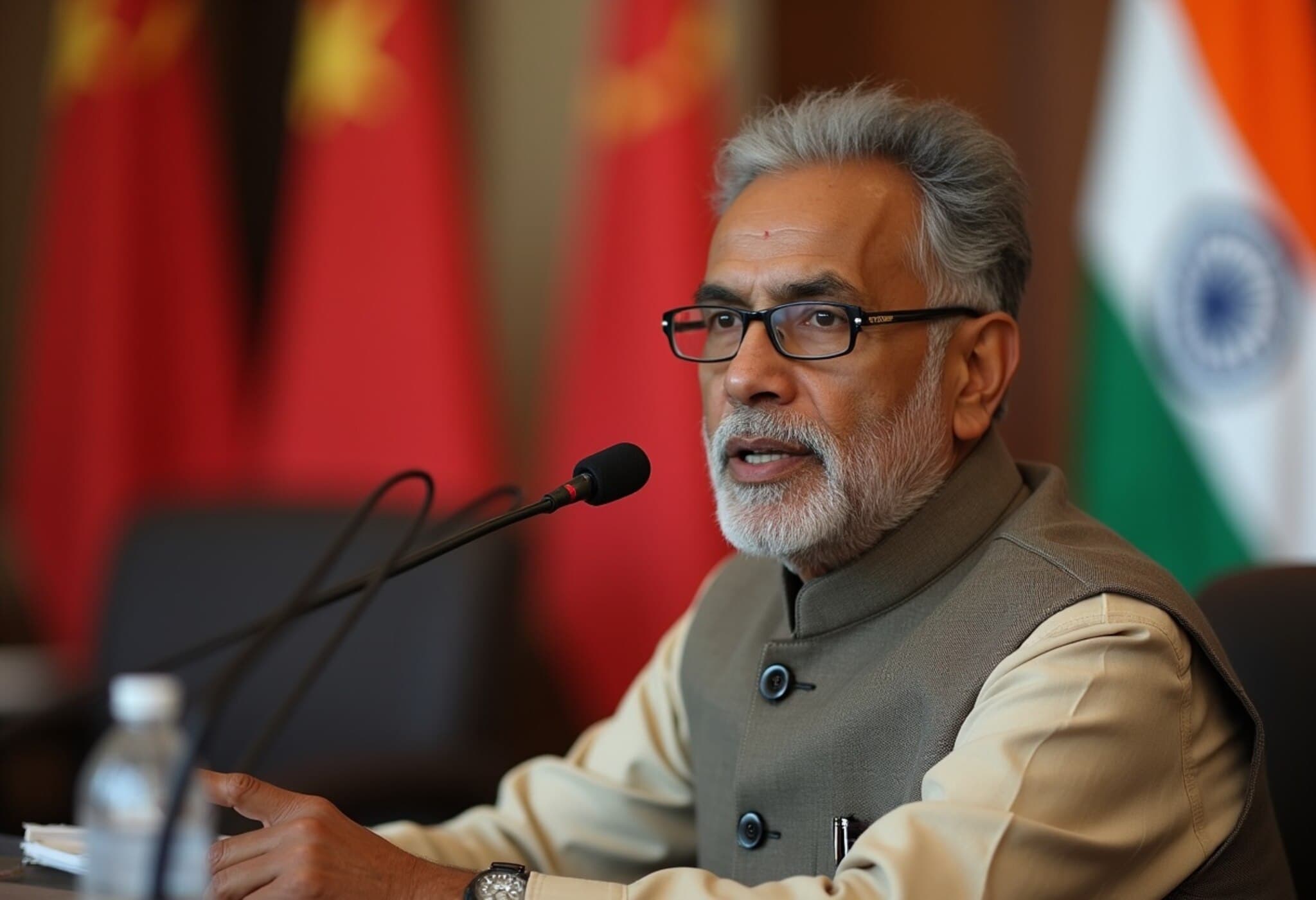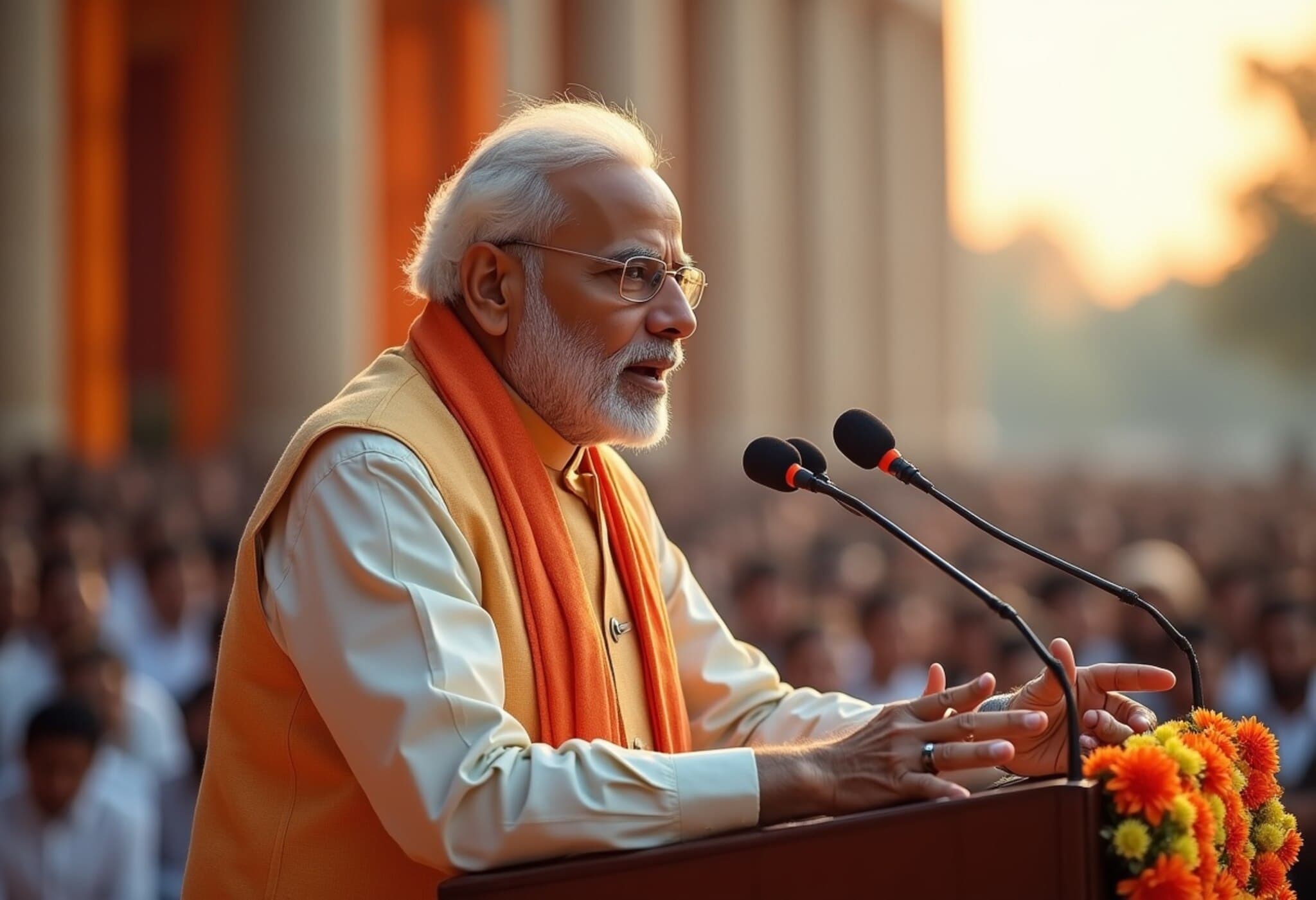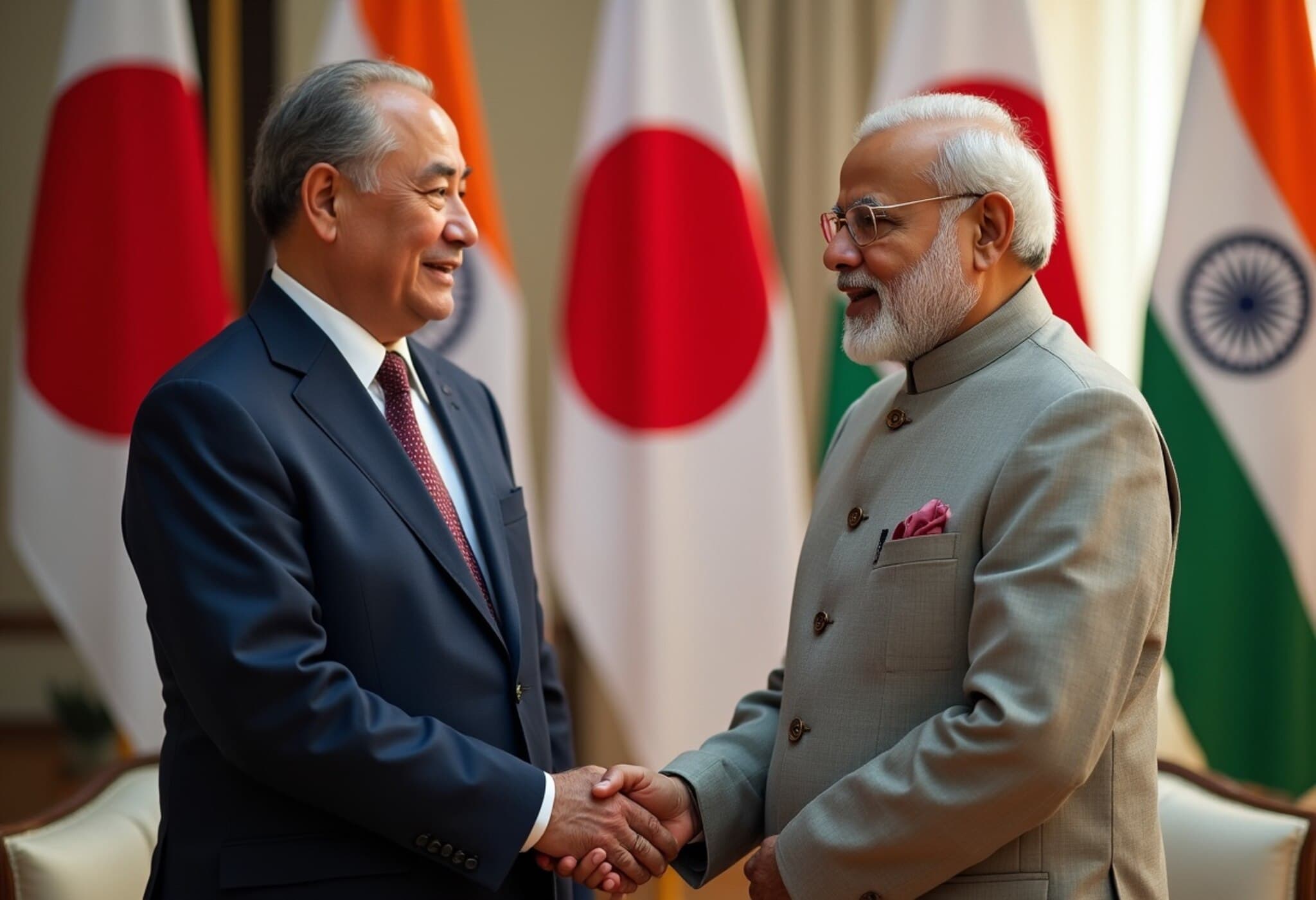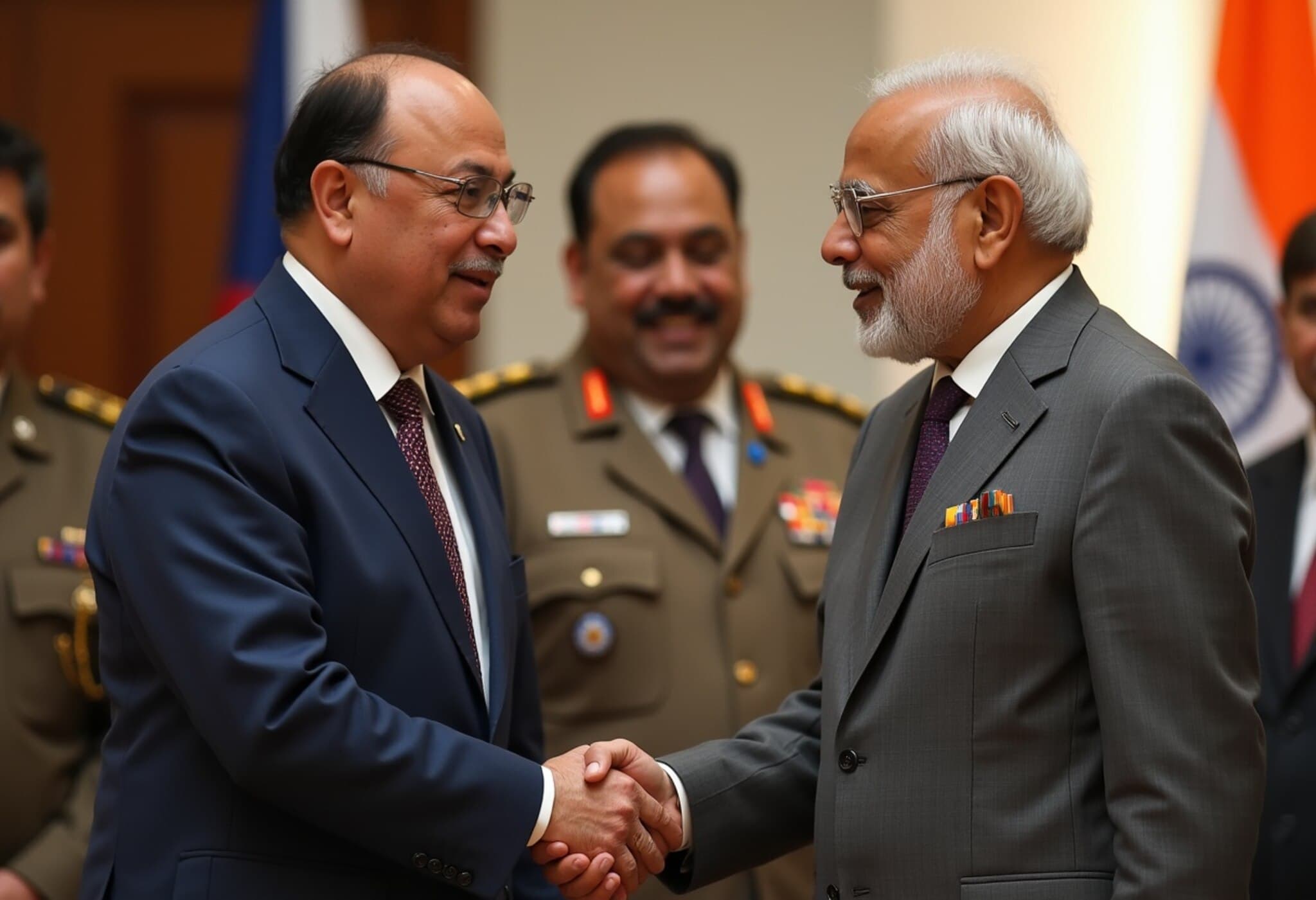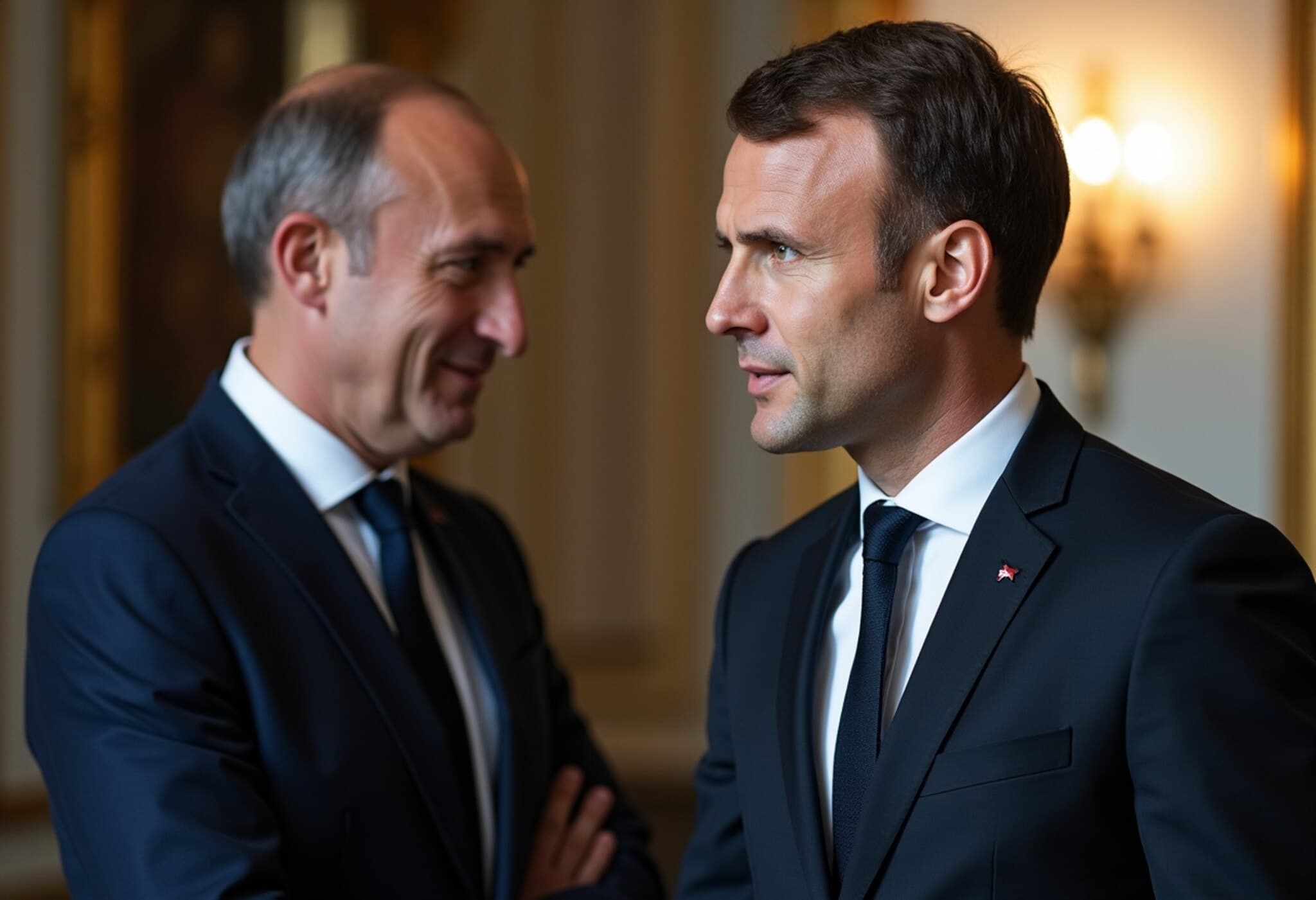PM Modi Set for China Visit to Attend SCO Summit Amid Signs of Renewed Ties
After a seven-year hiatus, Indian Prime Minister Narendra Modi is poised to visit China later this month to attend the Shanghai Cooperation Organisation (SCO) Summit in Tianjin. This visit marks a significant diplomatic milestone as it reflects a thaw in India-China relations following a prolonged period of strategic tension.
Revitalizing Relations: ‘New Energy’ in Diplomatic Engagements
National Security Advisor Ajit Doval, who recently met with Chinese Foreign Minister Wang Yi, underscored the importance of this visit, describing it as infused with "new energy" that could potentially reshape bilateral cooperation. This summit, opening on August 31, 2025, will be a crucial platform for Modi and Chinese President Xi Jinping to engage directly after a gap marked by strained ties.
China’s Perspective: Emphasizing Stability and Shared Regional Interests
Speaking on the sidelines of his talks with Indian officials, Wang Yi expressed Beijing’s high regard for Modi’s participation. He stated, "The Chinese side attaches great importance to the Prime Minister’s visit... and believes the Indian side will contribute significantly to a successful summit." Wang highlighted that a "healthy and stable China-India relationship serves both nations' fundamental and long-term interests," adding that regional stability is something the broader developing world fervently desires.
Contextualizing the Diplomatic Progress
- Historical backdrop: Modi’s last visit to China was in 2018, predating the enduring border standoff that chilled ties for years.
- Recent breakthroughs: Last October, both countries reached an agreement on patrolling the disputed Himalayan border, a key step toward easing the longstanding conflict that disrupted trade, investment, and even air travel.
- Tripartite talks: Wang Yi’s current three-day visit to India included high-level meetings with External Affairs Minister S. Jaishankar, reflecting warming relations and cooperative dialogue.
The Road Ahead: Prospects and Challenges
National Security Advisor Doval emphasized the need to work collaboratively toward "building consensus and identifying specific objectives for future boundary consultations". This pragmatic approach signals a shift from confrontation to engagement, aiming to create conditions for sustainable bilateral growth.
However, experts caution that while diplomatic overtures and summit meetings are encouraging, substantive progress demands continued negotiation on complex issues such as border demarcation, economic cooperation, and geopolitical alignment amid broader regional rivalries.
Expert Insight: What Modi’s China Visit Means for Indo-Pacific Dynamics
From a strategic standpoint, Modi’s participation in the SCO Summit is not just symbolic. It conveys India’s willingness to engage multilaterally with China and other Eurasian powers like Russia and Central Asian states within the SCO framework. This multilateral engagement could help balance India’s Indo-Pacific strategy, which has so far been dominated by partnerships with the U.S., Japan, and Australia.
Moreover, revitalized India-China ties could ease pressures on global supply chains and bolster regional economic integration, presenting an alternative axis in a world increasingly defined by great-power competition.
Editor’s Note
Prime Minister Modi’s upcoming China visit comes at a pivotal moment in Asian geopolitics. The reengagement signals hope for a more stable, cooperative South Asia, but the path forward will test the resilience of diplomatic commitments against entrenched mistrust and competing national interests. As the SCO Summit unfolds, global observers will be keenly watching whether this meeting heralds the dawn of a more harmonious Sino-Indian partnership or remains a diplomatic balancing act with limited tangible outcomes.
Key Questions to Follow:
- Will the SCO Summit yield concrete agreements beyond symbolic gestures?
- How will this renewed dialogue influence India’s broader foreign policy imperatives in the Indo-Pacific?
- What economic opportunities might emerge from thawing ties amid persistent border disagreements?

